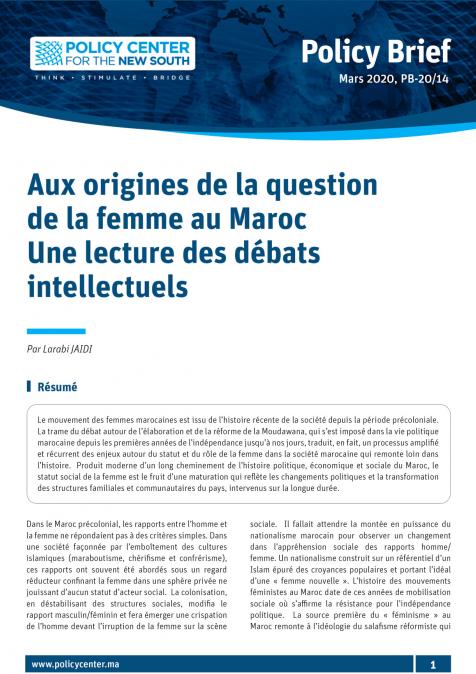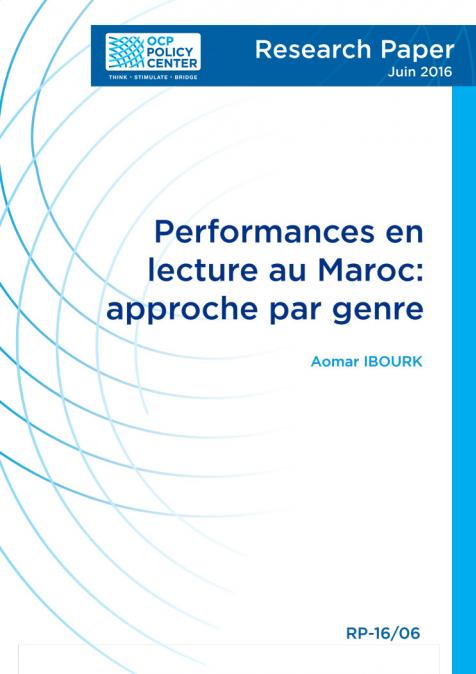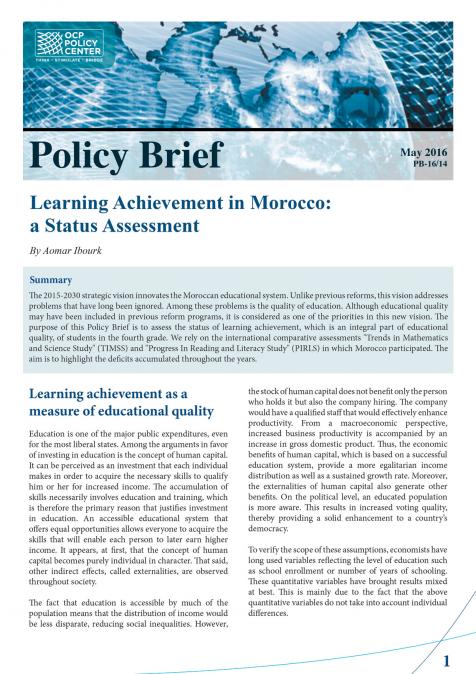Publications /
Paper in Academic Journals
This paper was originaly published on cell.com
Early school dropout rates in Morocco exhibit widespread spatial imbalances leading to adverse consequences. Indeed, there is thus a pressing need to investigate the factors contributing to the phenomenon. To this end, this study conducts a multivariate spatial analysis of 75 provinces in Morocco. It uses 100 variables to explain dropout rates across ten territorial components (TC): demography and household structure (TC1), cultural and linguistic variety (TC2), poverty and living conditions (TC3), labor market (TC4), type of housing (TC5), living environment (TC6), school graduate (TC7), social programs (TC8), preschool education (TC9), and primary and middle school supply (TC10). By exploring a multivariate spatial approach, this study bridges the gap in the mainstream literature on some individual factors on school dropout using a spatial measurement approach to identify particular spatial variables. The findings highlight significant variables related to household size over populated households with a polygamous structure (TC1), a widowed marital status, especially for women less autonomous (TC1), ethnocultural and linguistic issues via a local population less fluent in foreign languages (TC2) and illiterate (TC7). The poverty, isolation, and remoteness of certain predominantly rural provinces (TC5) remain less connected to elementary services such as drinking water and the internet (TC6). In particular, in the labor market component, there is a pull effect to school dropout decisions from low-skilled job prospects (TC3) and (TC4). Finally, preschooling has an impact on the foundation of human capital at an early age (TC9) as well as on the supply and type of schools (Satelite), which remains a proximity model for the retention of young children, especially girls (TC10). After identifying at-risk provinces, we observed that the school dropout process has a multifactorial, correlative, and cumulative nature. The territorial targeting must move towards multidimensional corrections by multi-actors from the territorial ecosystem. Positive discrimination should target at-risk provinces based on the gaps identified in each territorial component studied.










